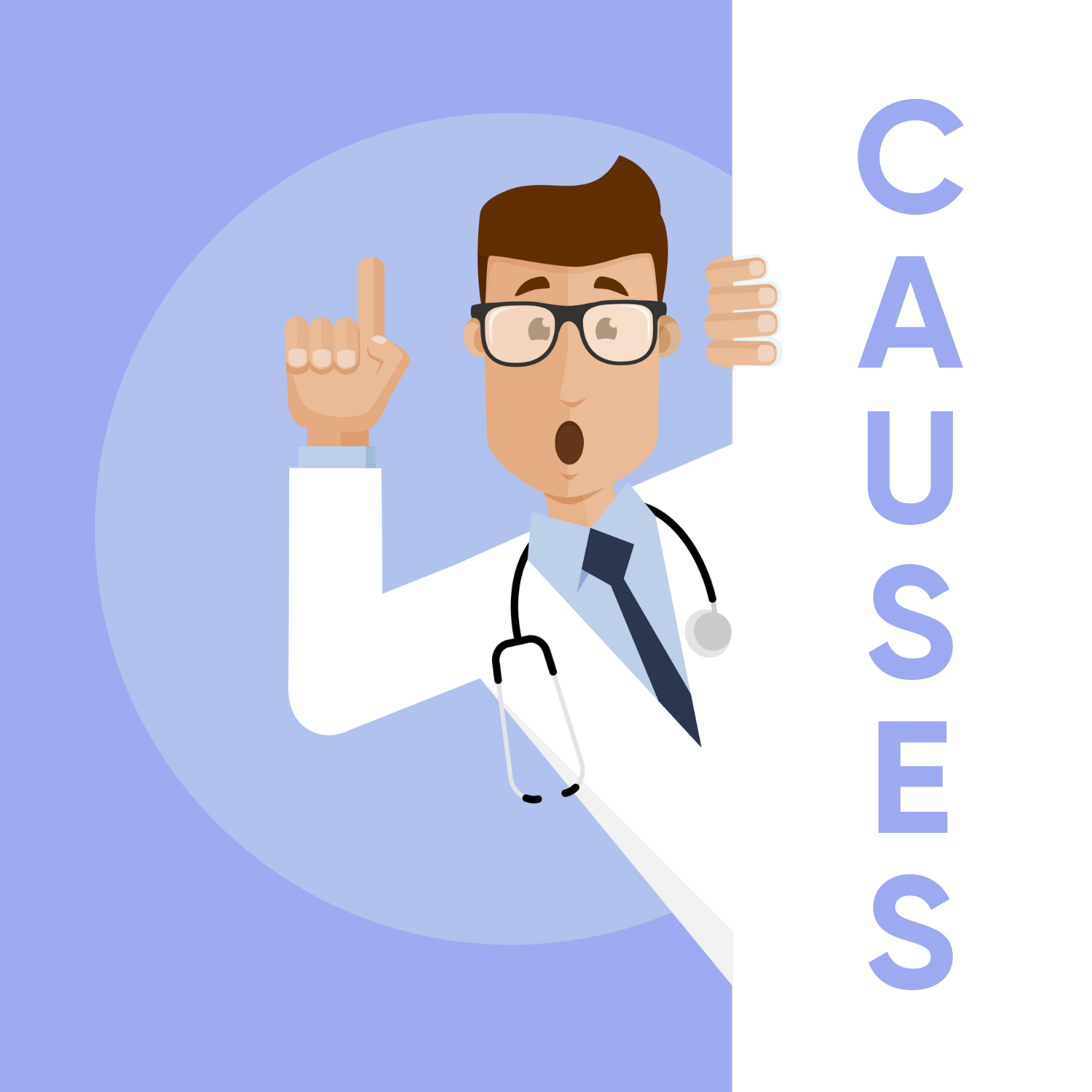Low Testosterone/Hypogonadism
Low testosterone, also known as hypogonadism, is a condition characterized by abnormally low levels of testosterone in the body. Testosterone is a hormone that plays a crucial role in the development and maintenance of male sexual characteristics, as well as in the overall health and well-being of both men and women. It is produced primarily in the testicles in men and in the ovaries and adrenal glands in women.
Testosterone is responsible for a wide range of functions in the body, including the development of male reproductive tissues, such as the testes and prostate, as well as the promotion of secondary sexual characteristics like muscle mass, bone density, and body hair growth. In addition to its role in sexual development, testosterone also plays a vital role in maintaining energy levels, mood stability, cognitive function, and overall physical and mental health.


Key Takeaways
- Low testosterone can affect both men and women
- Symptoms of low testosterone include decreased sex drive, fatigue, and mood changes
- Causes of low testosterone can include age, health conditions, and lifestyle factors
- Diagnosis and treatment options are available for low testosterone
- Seeking help and treatment can improve quality of life for those with low testosterone
The Role of Testosterone in the Body
Testosterone has numerous functions in the body that extend beyond its role in sexual development. It plays a crucial role in maintaining bone density and muscle mass, which are important for overall strength and mobility. Testosterone also helps regulate fat distribution, contributing to a healthy body composition. Furthermore, testosterone has a significant impact on mental health. It has been linked to mood stability, cognitive function, and overall well-being. Low levels of testosterone can lead to symptoms such as depression, irritability, and decreased motivation.
Symptoms of Low Testosterone in Men
Low testosterone levels can manifest in various symptoms in men. One common symptom is a decreased sex drive or libido. Men with low testosterone may experience a reduced interest in sexual activity or have difficulty achieving or maintaining an erection, known as erectile dysfunction.
Fatigue is another common symptom of low testosterone. Men may feel constantly tired or lack energy even after getting enough sleep. Additionally, low testosterone can lead to a loss of muscle mass and strength, making it more difficult to engage in physical activities or exercise.
Mood changes are also associated with low testosterone levels. Men may experience increased irritability, mood swings, or feelings of depression. These emotional changes can have a significant impact on overall quality of life.
Causes of Low Testosterone in Men
Several factors can contribute to low testosterone levels in men, which can lead to various physical and emotional symptoms. Here's a breakdown of some key causes:
Age: Starting around age 30-40, testosterone production naturally declines by about 1% per year. This gradual decrease is known as andropause and is not considered a medical condition unless symptoms become significant.


Medical conditions:
- Testicular problems: Injury, infection, or surgery involving the testicles can impact testosterone production.
- Hormonal imbalances: Conditions affecting the pituitary or hypothalamus glands, which control hormone production, can disrupt testosterone levels. This includes thyroid disorders and adrenal insufficiency.
-
Chronic illnesses: Obesity, diabetes, and metabolic syndrome can affect testosterone production and response.
- Hypothyroidism, a condition characterized by an underactive thyroid gland, can also lead to low testosterone levels. The thyroid gland plays a crucial role in regulating hormone production throughout the body, including testosterone.
- Chronic kidney disease can disrupt hormone production and lead to low testosterone levels. The kidneys play a vital role in filtering waste products from the blood and maintaining hormonal balance. When kidney function is compromised, hormone production can be affected.
- Medications: Certain medications, such as opioids, corticosteroids, and some antifungal drugs, can lower testosterone levels as a side effect.
- Certain medical treatments, such as chemotherapy or radiation therapy for cancer, can also cause a decline in testosterone levels. These treatments are designed to target and destroy cancer cells, but they can also damage healthy cells, including those responsible for hormone production.
- Obesity: Excess body fat can convert testosterone into estrogen, contributing to lower testosterone levels.
- Sedentary lifestyle: Lack of physical activity can decrease testosterone production. Regular physical activity (particularly resistance exercise) has been shown to increase testosterone production and improve overall hormone balance.
- Poor sleep: Chronic sleep deprivation can disrupt hormonal regulation and lower testosterone levels.
- Substance abuse: Excessive alcohol consumption, smoking, and illegal drug use can impair testosterone production.
- Poor diet:. Nutritional deficiencies, particularly in vitamins and minerals essential for hormone production, can disrupt the body's ability to produce testosterone. A diet high in processed foods and sugar has been associated with lower testosterone levels.
- Stress: Chronic stress can lead to increased cortisol levels, which can interfere with testosterone production. Finding healthy ways to manage stress, such as through exercise or relaxation techniques, is important for maintaining optimal hormone balance.
- Klinefelter syndrome: This genetic condition, where a male has an extra X chromosome, can lead to underdeveloped testicles and low testosterone.
- Other genetic variants: Certain genetic variations can predispose individuals to lower testosterone levels.
Low testosterone levels in older men have been associated with an increased risk of cardiovascular disease, osteoporosis, and cognitive decline. It is important for older individuals to monitor their hormone levels and seek appropriate medical care if necessary.
Diagnosis
If you suspect you have low testosterone levels, it is important to seek medical advice for an accurate diagnosis. Blood tests are typically used to measure testosterone levels. These tests can help determine if hormone levels are within the normal range or if further investigation is needed.
Treatment:
Each approach has its own considerations and potential benefits. Here's an overview of these treatment options:
Natural Treatments:
- Diet and Exercise:.Regular exercise, particularly strength training and high-intensity interval training, has been shown to boost testosterone production. A healthy diet rich in essential nutrients, such as zinc and vitamin D, can also support hormone production.
- Adequate Sleep: Quality sleep is crucial for hormone regulation, including testosterone production. Ensure sufficient, restorative sleep each night.
- Stress Management: Chronic stress can negatively impact testosterone levels. Stress reduction techniques such as meditation, yoga, or mindfulness may be beneficial.
- Smoking Cessation and Limiting Alcohol: Smoking and excessive alcohol consumption may negatively affect testosterone levels; quitting smoking and moderating alcohol intake could be beneficial.
- Weight Management: Obesity is associated with lower testosterone levels, so weight loss through a healthy diet and exercise can be impactful.
- Oral Testosterone: Administered twice daily with a fatty meal
- Nasal Testosterone: Taken three times daily
- Testosterone Injections: Administered intramuscularly, injections are a common method of TRT. This can be done weekly or bi-weekly.
- Testosterone Gels or Patches: Topical applications of gels or patches can provide a steady release of testosterone into the bloodstream.
- Pellets: Subcutaneous implants deliver a slow, steady release of testosterone over several months.
- Clomiphene Citrate (Clomid): Originally designed to treat female infertility, Clomid has been explored as an off-label option to stimulate the body's own testosterone production by acting on the hypothalamus and pituitary gland.
- Human Chorionic Gonadotropin (hCG): This hormone, often used in combination with TRT, can stimulate the testicles to produce testosterone.
- Regardless of the chosen treatment, regular monitoring of testosterone levels and overall health is crucial. Adjustments to treatment plans may be necessary based on individual responses.
Recommended Resources

Low T Basics (UpToDate)
Website
Recommended Videos
Low Testosterone and its Impact on Men – Urology Care Podcast
How to increase Testosterone | Boost Testosterone Naturally!




